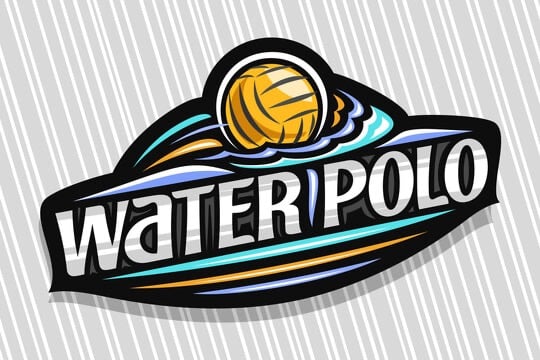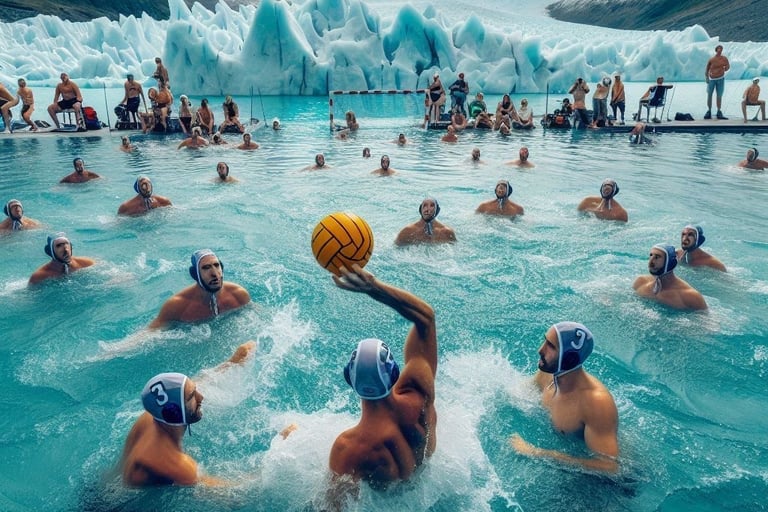Artificial Intelligence (AI) has made its mark in various sports, enhancing training, strategy, and performance analysis. Water polo, a high-intensity team sport requiring strategic thinking and physical endurance, stands to benefit greatly from the integration of AI technologies.
AI-driven systems can analyze in-game and training session footage to provide insights into player movements, shot accuracy, and defensive strategies. Advanced machine learning algorithms can detect patterns in plays, identifying strengths and weaknesses in both teams’ tactics. Coaches can leverage this information to refine training regimens and optimize game plans.
• Player Movement Tracking: Computer vision systems can monitor player positioning and movement efficiency in the water, ensuring optimal use of energy and space.
• Statistical Insights: AI can provide detailed metrics on passing accuracy, swim speed, and shooting percentages, offering quantifiable data for improvement.
AI simulations can model various game scenarios to help coaches prepare for different strategies used by opponents. By analyzing past match data, AI systems can predict the likelihood of specific plays, enabling teams to anticipate and counter opponents’ tactics in real-time.
• Opponent Analysis: AI can break down opponent behavior, identifying trends such as their favored scoring techniques or defensive setups.
• Game Simulations: Virtual match simulations powered by AI can test different strategies, allowing teams to find the most effective approach before stepping into the pool.
3. Athlete Training and Injury Prevention
AI can play a crucial role in enhancing player health and fitness. By analyzing biometric data from wearables, AI systems can track players’ physical conditions and workloads, helping prevent injuries and ensuring peak performance.
• Wearable Technology Integration: Devices can monitor metrics like heart rate, oxygen consumption, and hydration levels. AI algorithms analyze these data points to optimize training intensity and recovery protocols.
• Injury Prediction: Machine learning models can predict the likelihood of injuries based on historical data and real-time player monitoring, allowing teams to adjust training accordingly.
Implementing AI in water polo offers exciting possibilities to elevate the sport to new heights. By enhancing performance analysis, optimizing strategies, and improving player health, AI has the potential to make water polo faster, smarter, and more engaging—for players and fans alike. With strategic investment and thoughtful integration, AI could become a game-changer in the future of water polo.
About us




